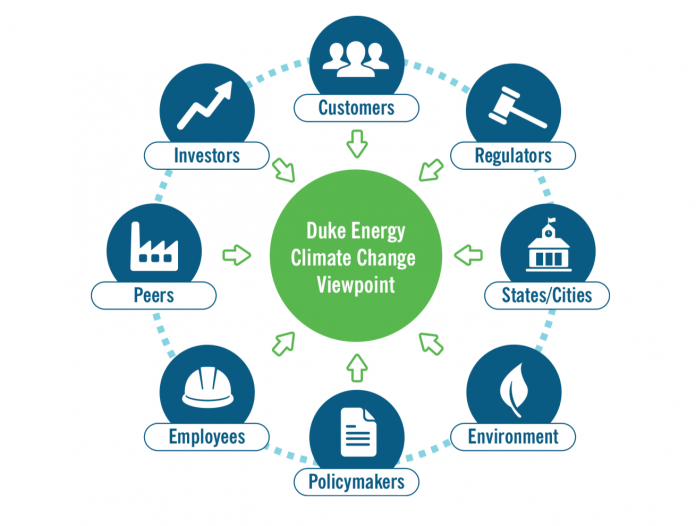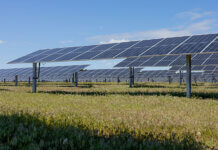Duke Energy has released a pair of data-driven reports outlining the company’s recent accomplishments and path to advance its critical environmental, social and governance (ESG) initiatives.
The company’s Sustainability Report details the company’s performance in four key areas – customers, growth, operations and employees.
Duke Energy’s 2020 Climate Report discusses how the company is addressing climate change by reducing carbon emissions and making its electric grid more resilient.
“Our commitment to ESG has delivered strong results for our customers and our shareholders – and we’re focused on maintaining this level of performance and transparency as we work to achieve net-zero carbon emissions by 2050,” says Lynn Good, chair, president and CEO of Duke Energy.
“These two reports showcase the significant progress we’ve made in these areas, and our plan to help address the challenges from climate change,” adds Good.
The company’s Sustainability Report highlights its progress toward its sustainability goals:
- Energy efficiency: Duke Energy’s goals to reduce customer energy consumption and peak demand were both exceeded in 2019. The company has set even more aggressive energy efficiency goals for 2020.
- Investing in renewable energy: Duke Energy plans to double its renewable energy portfolio within five years. In 2019, the company owned, operated and contracted over 8,000 MW of capacity. In the new report, Duke Energy is establishing a goal of 16,000 MW by the end of 2025.
- Providing value to customers: The company continues to provide electricity at prices below the national average in all six states it serves while maintaining high reliability.
Duke Energy’s 2020 Climate Report underscores the company’s progress toward its new climate goals. Duke Energy reduced carbon emissions from electricity generation by an additional 8% in 2019 from 2005 levels, bringing total reductions to 39%.
The analysis in the report confirms that the company is on track to achieve its 2030 goal of reducing carbon emissions from electricity generation by at least 50% from 2005 levels.
The report goes on to provide insights into the complexities and opportunities ahead in the path toward net-zero carbon emissions and provides an enterprise-level scenario analysis with an illustrative path to net-zero carbon emissions by 2050.
The net-zero scenario analysis underscores the fact that Duke Energy will be significantly increasing its use of renewable energy, and highlights the critical role that natural gas, nuclear and energy storage must play in decarbonization and in balancing the renewable additions. Additionally, the report discusses Duke Energy’s continued commitment to energy efficiency and demand-side management, as it will play an important role.
The 2020 Climate Report highlights the necessity of advancing the development and commercial viability of new zero-emitting generation technologies for Duke Energy to achieve its net-zero goal. This analysis places further emphasis on timely R&D efforts.
To read Duke Energy’s 2019 Sustainability Report, click here.
To read the company’s 2020 Climate Report, click here.




